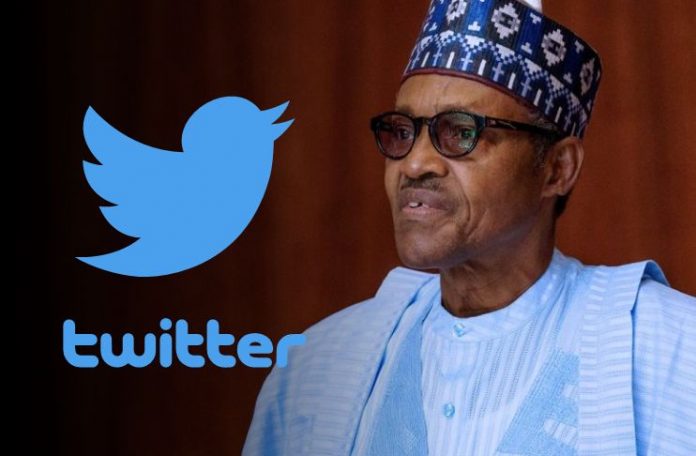The Minister of Information and Culture, Lai Mohammed, has defended the Federal Government over the ban on Twitter operations in the country, saying that the decision was taken in the interest of the country.
The minister made the defense on Tuesday while appearing before the House of Representatives Joint Investigative Committee on Twitter Suspension on Tuesday in Abuja.
In his defense, the minister quoted Section 45(1) of the 1999 Constitution (as amended) which stated that freedom of expression is not absolute so long as such freedom infringes on public defense, safety, order, morality, or health.
“The above provisions of Section 45 of the Constitution leave no one in doubt that the provisions of Section 39 of the Constitution on Freedom of Expression is not absolute.
“The right to free expression within the contemplation of Section 39 makes it a qualified right in light of the aforementioned Section 45, which permits restrictions of civil liberties in the public interest.
“In the circumstance the provisions of Section 3 of the National Security Act, which clothes the State Security Services (SSS) with the powers to preserve the internal security of Nigeria is instructive, as it provides a lawful basis for the Federal Government to maintain that the ban of Twitter was pursuant to the security reports of the SSS in this regard.”
For further clarity, Mr Mohammed quoted Section 5(1) and (2) of the Terrorism Act of 2011, which states that any person who knowingly in any manner directly or indirectly solicits or renders support:
He said: “1 (a) for the commission of an act of terrorism; or (b) to a terrorist group, commits an offense under this Act and is liable on conviction to imprisonment for a term of not less than twenty years.
“2 For the purposes of subsection 1 of this section, “support” includes: (a) incitement to commit a terrorist act through the internet or any electronic means or through the use of printed materials or through the dissemination of terrorist information,” he added.
According to the minister, Article 24, 25 and 26 of the African Union on Cyber Security and Personal Data Protection empowers the Federal Government to regulate and promote the security of the Nigerian Cyberspace.
Other legal provisions that back the Twitter suspension include Article 19 (2) AND (3) of the International Covenant on Civil and Political Rights, ICCPR, and Section 1, 2, 3 and 4 of the Cyber Crimes (Prohibition and Prevention etc.) Act.
Mr Mohammed further added that the government is legally empowered to take all necessary measures and give orders to protect Nigeria’s critical infrastructure from a cyber-Threats or attacks.
He said: “Following the above, the Federal Government of Nigeria is further empowered to take all reasonable steps to defend its cyberspace where it perceives or finds that a Cyber-crime, is threatened to be committed, has been committed, or is being committed on and through its cyberspace.
“For instance, where a seditious act has been committed against the Federal Government through the Cyber Space. (See Section 51 (2) of the Criminal Code which punishes the crime of sedition).
“In the circumstance, the decision of the Federal Government to ban the activities of Twitter for being a national security threat is well-founded in law in light of the fact that the platform affords IPOB, an organization already proscribed by the Federal High Court, to champion it’s seditious and terrorist based activities,” the minister concluded.






